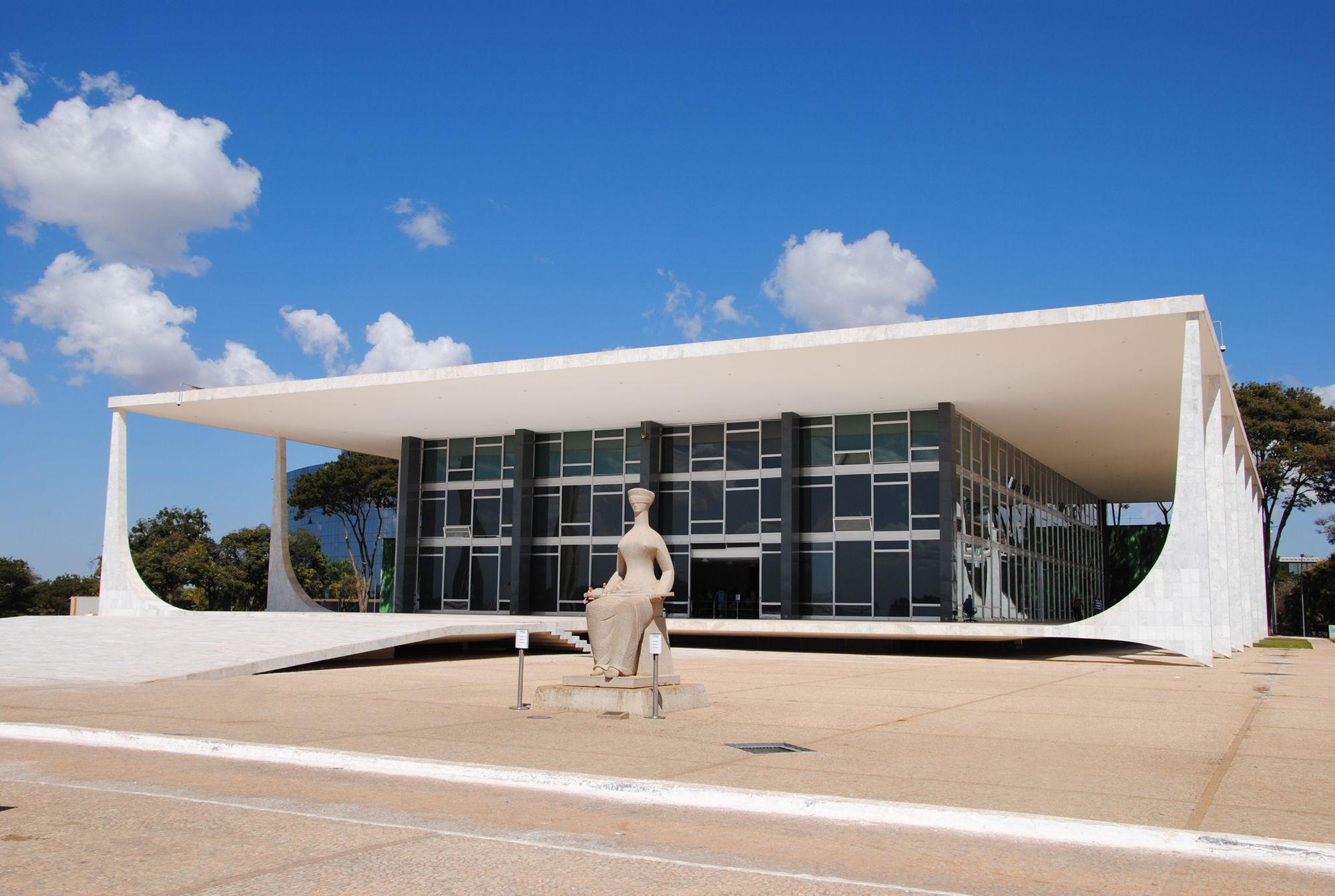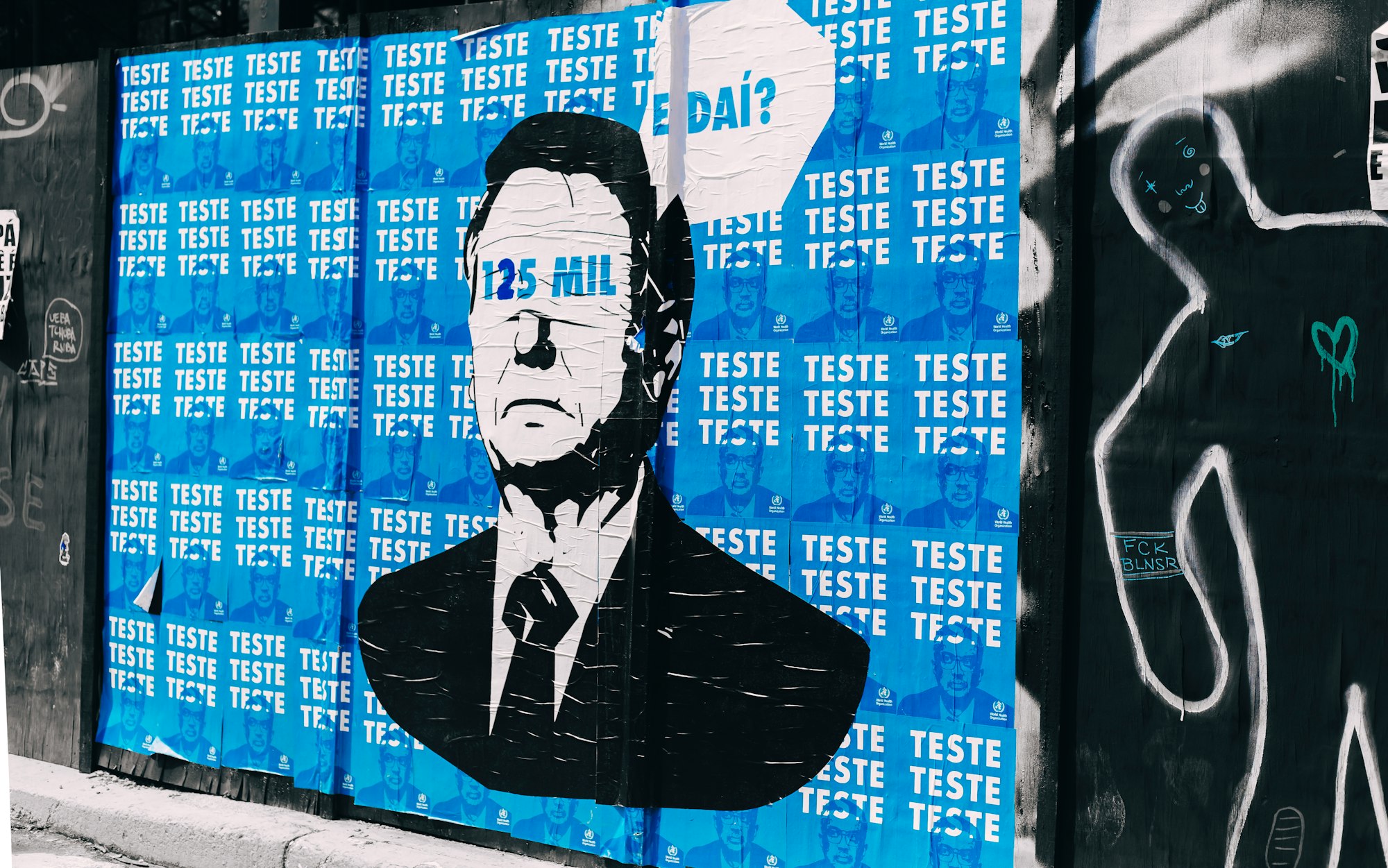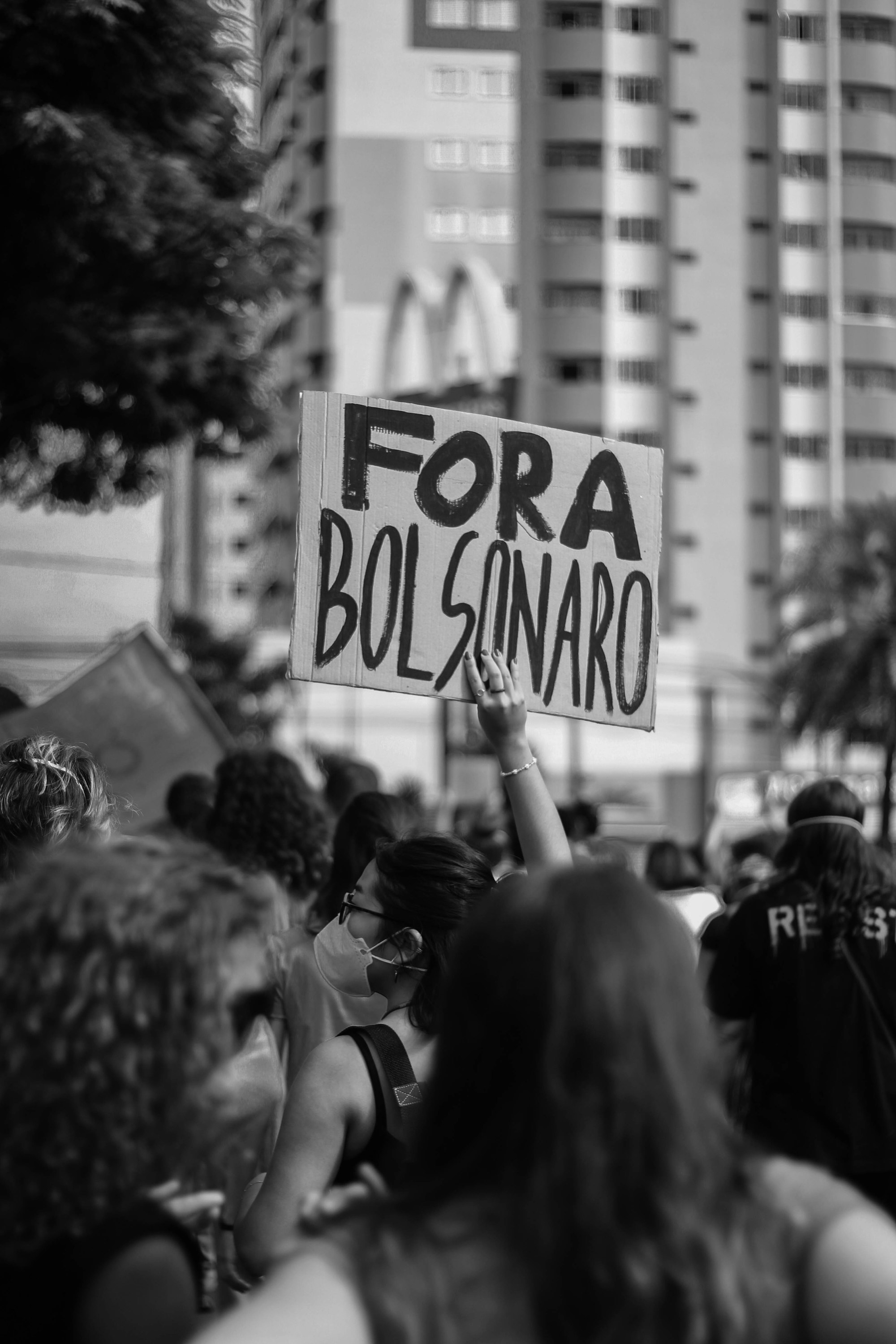View the Country Report for Brazil in the Oxford Compendium of National Legal Responses to Covid-19
In terms of legal measures, Brazil's response to Covid-19 has been prolific. A health emergency was declared on 3 March 2020, ie within 72 hours of the declaration of a public health emergency of international concern (PHEIC) by the World Health Organisation, three weeks before the first confirmed case of Covid-19 arrived in Brazilian territory (imported from Italy), and six weeks before the first death, which occurred in the state of São Paulo. A framework 'Quarantine Act' (Federal Law 13.979, of 6 February 2020) sailed through the national Congress in less than 48 hours, setting out what health authorities of all levels of the Brazilian federation (federal, state and municipal) could do to address the impending health crisis. Within six weeks of Law 13.979, all of Brazil’s 26 states plus the federal district (Brasília) had adopted executive orders and legislation, often declaring a state of public emergency and-or state of calamity and adopting public health measures to try to tackle the health crisis. At the time of writing, there were almost 2,195 pieces of state and almost 45,083 pieces of municipal normative acts issued to address the crisis in Brazil.
Yet, notwithstanding this regulatory effort, Brazil has experienced one of the highest levels of reported infections (13.2 million cases) and one of the highest number of reported deaths (345,000) in the world according to official, and likely under-reported, figures.
Many factors have been mentioned by experts as potential explanations for this mismatch between regulation aimed at combating the pandemic and such poor outcome. They range from lack of stringency of the measures adopted to lack of compliance by the population, passing by epidemiological, medical and socio-economic factors such as lack of sufficient financial support to enable poorer individuals to stay at home.
Another crucial factor in the Brazilian response has been the open opposition of the Brazilian President to public health measures to combat Covid-19 such as the mandatory use of face masks, social distancing, stay-at-home recommendations and closure of shops, his reiterated dismissal of the pandemic as a serious health threat and active recommendation of the antimalarial drug chloroquine as a 'cure' against the virus.
Another interesting aspect of the Brazilian response, in great part induced by the Federal Government's stance, was the active operation of state governors and municipal mayors in the adoption of public health measures. This was at times resisted by the Federal Government but confirmed in Supreme Court judgements that reaffirmed the constitutional competence of states and municipalities to adopt public health measures in the federalist structure of the Brazilian State, especially in the face of federal opposition.




